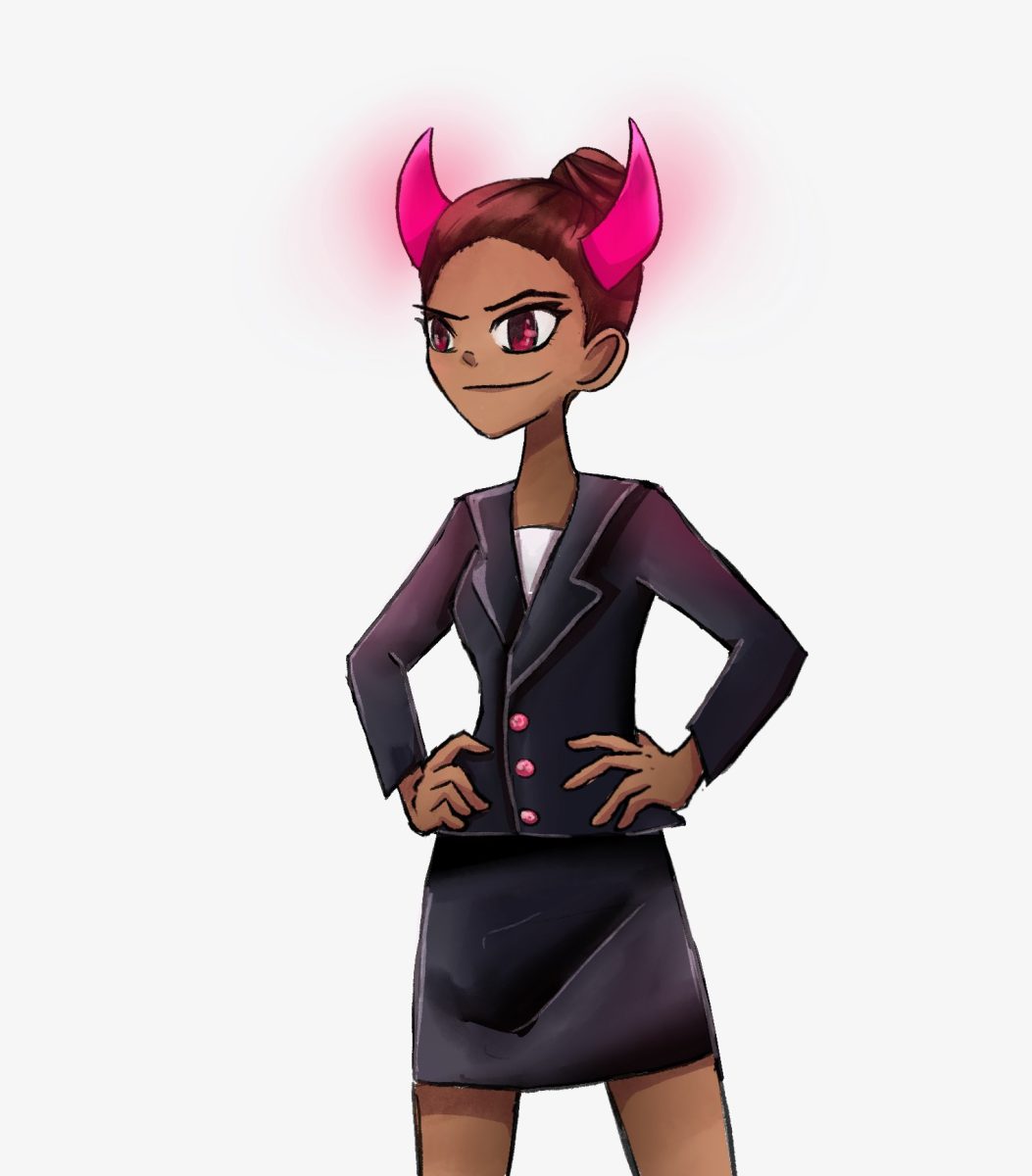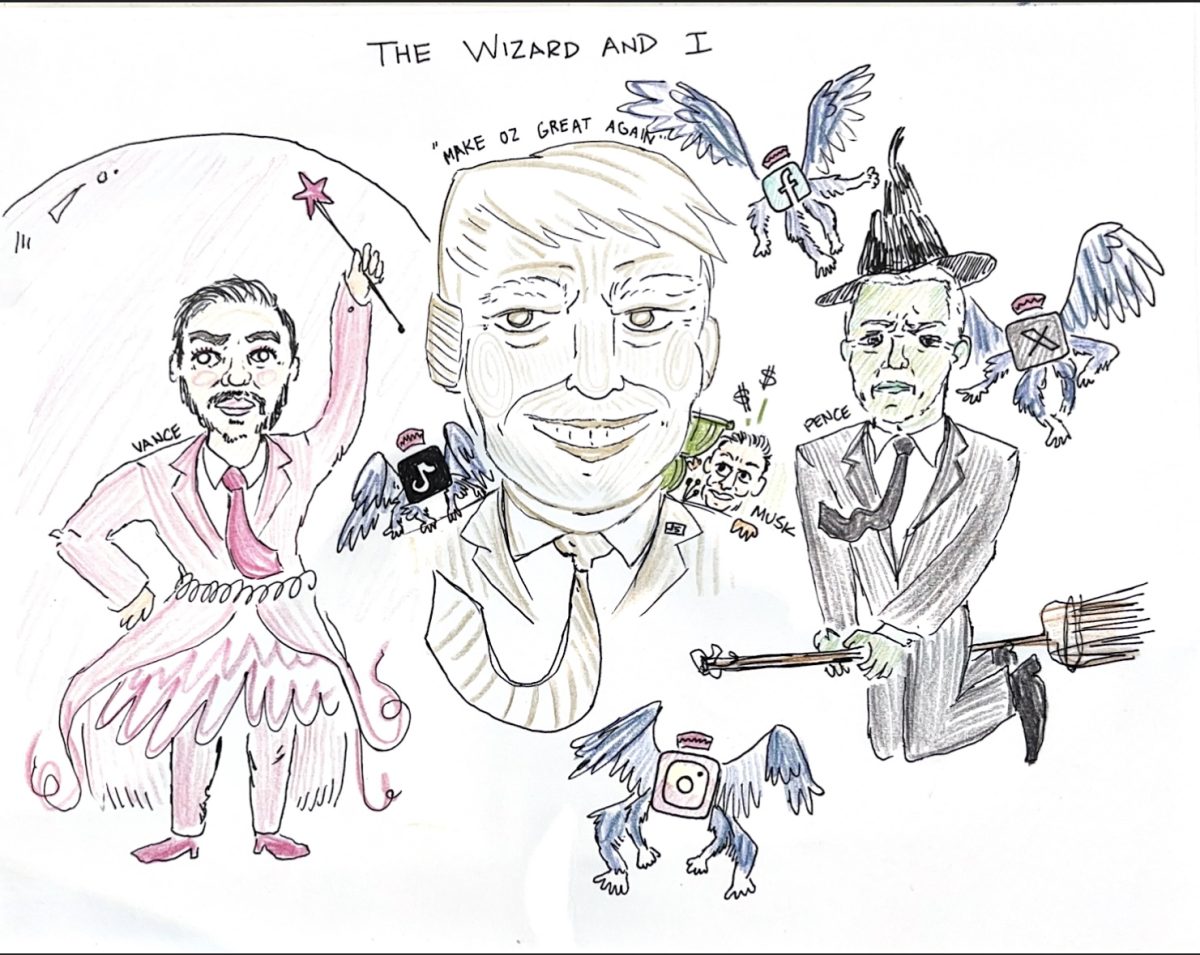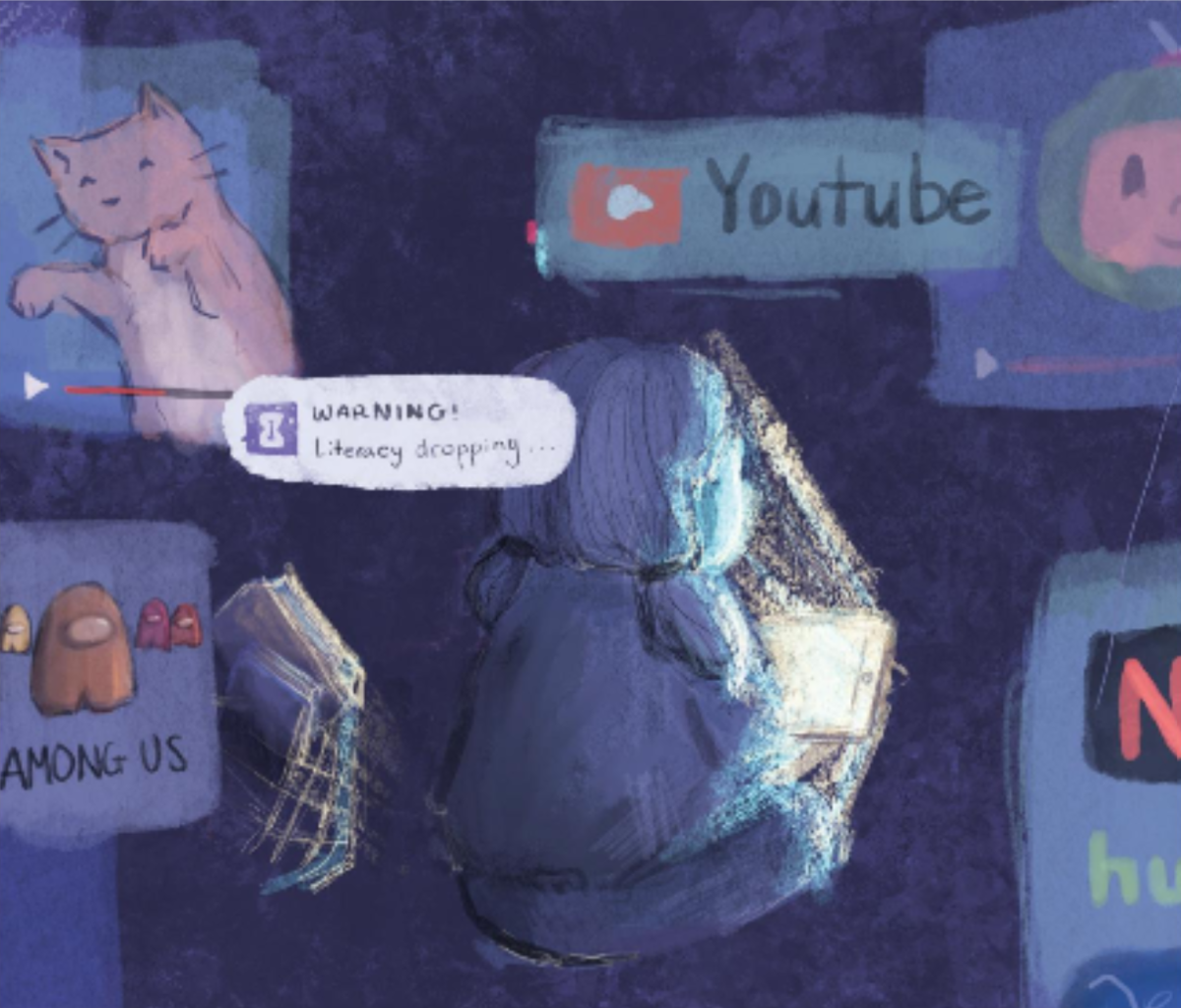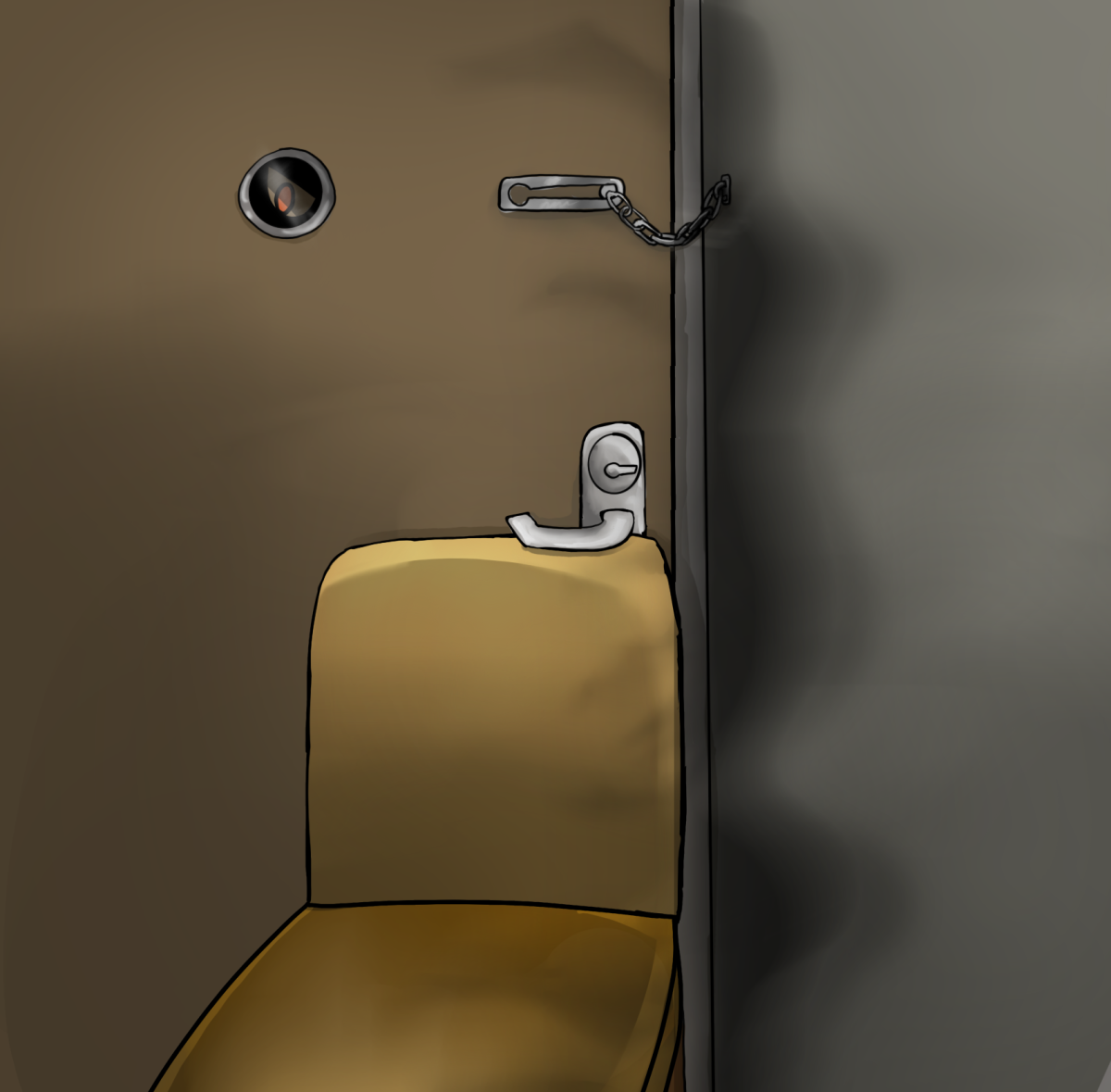When a boy speaks up, he’s called a “leader.” But when a girl does the same, she is called “bossy.”
I have been called bossy my entire life, and up until last summer, I saw the word as an insult. Whenever people called me bossy, I would shy away and suppress my “unruly” and “loud” nature.
After spending one week at a leadership camp this summer, I no longer saw bossy as a synonym for pushy and dominating. Bossy was never a bad thing; it was just my mindset. My counselor told me that being “bossy” was a phrase coined to put women down.
“It’s a sexist word,” she said. “Society uses ‘bossy’ to put down women when they show leadership.”
Her one remark provided me with a sense of clarity that I had never felt in my sixteen years. People only ever called women bossy or pushy in a work setting. I had never heard of men being called bossy, just women.
When I was younger, I wore a shirt that said “I’m not bossy, I just have great leadership skills.” It was a reflection of the frustration I felt. At the time, I had been called bossy by classmates, friends and even adults. Some meant it jokingly while others genuinely thought I was a little tyrant. My shirt felt like a shield, protecting me from the societal connotation it had.
Words like bossy send a message to women: don’t raise your hand or speak up. It stigmatizes women leaders and is most definitely a gendered word used to prevent women from gaining power.
Born into an immigrant family, I learned early on the importance of staying hidden. It was ingrained in me as part of the model minority myth that people like me should remain unseen and unheard in a foreign land where power is not favorable to people of my color or gender.
I was always told to stay under the radar, unnoticed by the status quo. Because if society didn’t notice me, then the racism, sexism and xenophobia could not either.
But my voice, my “loudness,” is not just a part of me or something I can turn off and on. I have used my voice as a way to convey myself to the world, creating an identity that is both loud and powerful.
My experience is one shared by millions of other women in this world. Society is filled with undercuts towards females in professional and day-to-day settings. It’s time for this to stop.
Stop calling girls bossy just because they have power; stop calling women feisty just because they are strong, and stop the double-sided treatment all together. It is 2024, and women have more than proved themselves to not be belittled and reduced to anything less than what they are.
So stop the double standards and stick to the facts: women are not bossy; they are leaders.
















